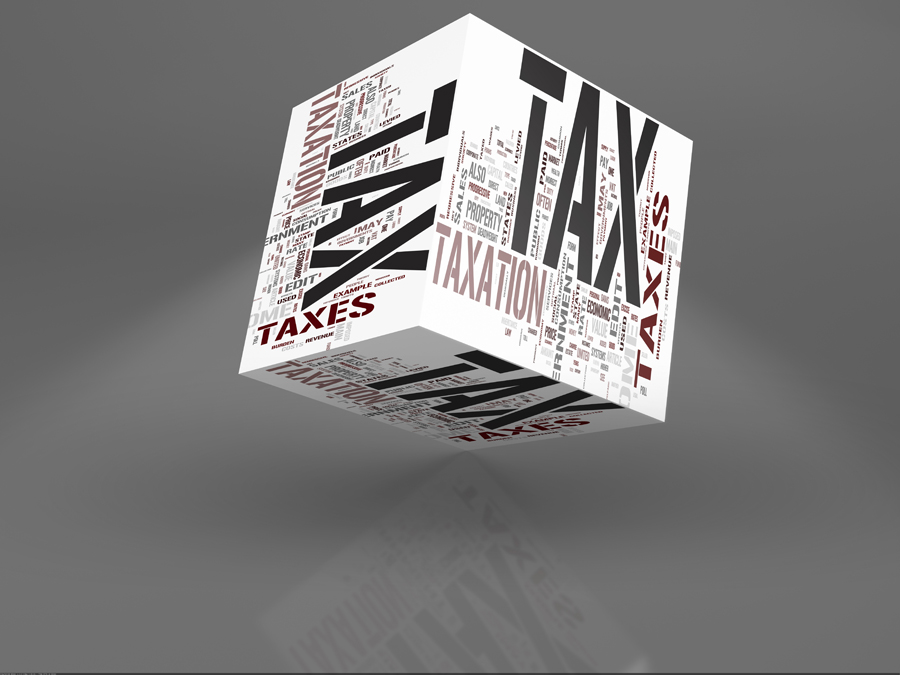Employee Business Expenses – A Very Popular IRS Tax Audit
October 01, 2015 by Jean Lee Scherkey, EA
It happened. The letter you hoped would never come has arrived. You open it and discover the IRS has graciously sent you an invitation to their work mileage deduction review. Once you return back to planet Earth (alas, you really did go into orbit if ever so briefly), take a deep breath and hug your cat - it is time to prepare what you will be bringing to the party.
Your job requires you to do a lot of traveling. You meet with clients across town, deliver paperwork to the two other company satellite locations, and run the business deposits to the bank. It seems like half of your work day is spent in your car. Your boss does not reimburse you for all the traveling you do for work, so you have been taking an employee business expense deduction for all the miles you drive each day for work. Now the IRS wants proof you actually incurred these mileage expenses. What is a hard working taxpayer required to do?
It is important to keep adequate records of your business miles. Without proper documentation, it is more than likely the IRS will disallow the expense if audited. According to IRS treasury regulations, in order to substantiate business miles deducted on an income tax return, the taxpayer must have the following to meet the “adequate records” requirement:
- A log (or blog?), diary or other written record (which includes computerized logs) that contains the date and time of travel, the purpose for the travel (for example, delivering papers to a client), destination, the name of the person or company you are meeting and the number of miles driven for each business activity.
- It is also important your log shows your car’s odometer reading as of January 1st and December 31st of the year.
- The regulation requires the business miles be recorded within a “reasonable time frame”. An example in the regulation defines reasonable time frame as maintaining log entries on a weekly basis.
- A letter from your employer confirming you are not reimbursed for job related miles driven is also very helpful. If your employer reimburses for miles driven but the amount of the reimbursement is under the current year standard mileage rate (for 2015 it is 57.5 cents per mile) or the reimbursement is included in your taxable wages, you may still qualify for a deduction.
If you deducted your work miles using the actual expense method, the log should also contain the date, place and amount paid for gasoline, repairs, general maintenance and insurance. Additionally, it is important to keep the receipts and proof of payment for these expenses. Unlike some other employee business expenses where a taxpayer may estimate the amount of unsubstantiated expenses (known as the “Cohan” rule), estimated auto expenses are generally disallowed if audited. And for those folks slaving to the grind? Remember the mileage golden rule: commuting in general is not a deductible mileage expense. Awwww, shucks.





